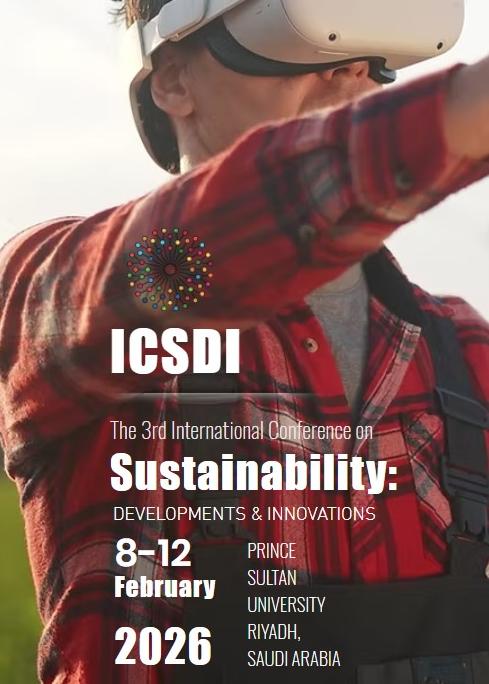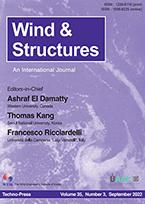IEEE Globecom’18 Workshop on Machine Learning for Communications
GLOBECOM MLComm 2018
- URL: http://renyi.ece.iastate.edu/MLCOMM-globecom18/
- Event Date: 2018-12-09 ~ 2018-12-13
- Submission Date: 2018-06-15
Recent developments in machine learning, especially in deep learning, has stimulated growing interests in applying machine learning to communication system design. While some researchers have advocated applying deep learning tools to communication system (especially receivers) design, others are doubtful as to how much benefits these tools can offer. On the one hand, communication systems have been designed and optimized by generations of dedicated researchers and engineers for bandwidth, power, and complexity efficiency, as well as reliability, leaving little room for improvements in most cases. On the other hand, deep learning networks, supported by results such as universal approximation theorem, seem to promise a simple design regime such that near optimal performance can be achieved by merely taking off-the-shelf deep learning models, applying them to communication design problems, and tuning them based on the easily generated training data. The deep learning based approach may offer some new design approaches for traditionally difficult signal processing tasks in communications.
This workshop is meant to stimulate the debate and provide a forum for researchers working in related problems to exchange ideas and recent results (both positive and negative ones) in applying machine learning to communications. The topics include applying machine learning to the following topics but are not limited to only these:
demodulation
equalization
error-control decoding
beamforming
spectrum sensing and sharing
energy harvesting
scheduling and medium access
security and protection
reliability
fault tolerance and self-healing
Both supervised learning and unsupervised learning methods are welcomed. Reinforcement learning, and recent developments such as generative adversarial networks, and game-theoretic setups are also of great interests.
This workshop is meant to stimulate the debate and provide a forum for researchers working in related problems to exchange ideas and recent results (both positive and negative ones) in applying machine learning to communications. The topics include applying machine learning to the following topics but are not limited to only these:
demodulation
equalization
error-control decoding
beamforming
spectrum sensing and sharing
energy harvesting
scheduling and medium access
security and protection
reliability
fault tolerance and self-healing
Both supervised learning and unsupervised learning methods are welcomed. Reinforcement learning, and recent developments such as generative adversarial networks, and game-theoretic setups are also of great interests.














